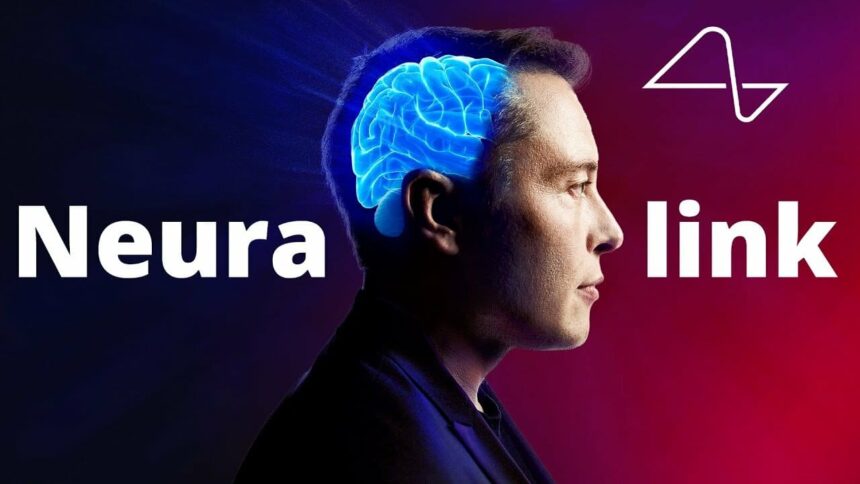Elon Musk has claimed that he will cure a common and debilitating disease using computer chips hooked to people’s BRAINS.
In a recent tweet, the billionaire said that his company Neuralink will fix tinnitus – a condition that causes ringing in the ears – by 2027.
Musk set up Neuralink in 2016 to create “brain-machine interfaces” that connect humans and computers.
Early trials have implanted coin-sized devices into monkeys’ heads, allowing them to play video games using only their minds.
The company says the technology will help people with paralysis and other neurological conditions one day.
On April 24, Musk tweeted that Nueralink will “definitely” cure tinnitus, which affects 50million people in the U.S.
It’s estimated that one in three people worldwide will experience tinnitus at some point.
A cure “might be less than five years away”, Musk said, due to the rapidly growing complexity of Neuralink’s chips.
The Tesla chief has previously claimed that brain implants could cure diseases ranging from obesity to insomnia one day.
And while it may sound farfetched, the underlying science is credible.
Neurological conditions are frequently the result of damage or other deficiencies in the brain that stop neurons from working correctly.
Neuralink promises to cure many of them by using its chips to bypass the damaged parts.
A precision surgical robot hooks a thousand miniature threads from a device implanted into the skull to neurons in the brain.
That device is then connected to a computer by Bluetooth for continuous communication back and forth.
In cases of tinnitus, a nerve that connects the inner ear with the brain is damaged due to injury or prolonged loud noise.
Neuralink promises to remedy that by providing the ability to process sensory input in place of the damaged neurons.
Neural implants have been around since the 1960s, when the first cochlear implant was used to treat someone with impaired hearing.
Experts have lauded the technology as a real gamechanger.
Paul Nuyujukian, director of the Brain Interfacing Laboratory at Stanford University, told Wired earlier this year: “We are on the cusp of a complete paradigm shift.
“This type of technology has the potential to transform our treatments.
“Not just for stroke, paralysis, degenerative motor disease, but also every other type of brain disease.”
Eventually, Neuralink wants to provide its implants to people to boost their intelligence. The aim is to create a whole-brain interface within 25 years.
The company has faced claims that it has violated animal welfare laws while testing on monkeys.
This year, it plans to test human subjects for the first time.


